Introducing the 2023 Data Journalism Fellows in Latin America
Equal Measures 2030 and Salesforce teamed up to create a fellowship for data journalists and activists in Latin America. The fellowship consists of data visualisation software training using Tableau, one-on-one support and a $1500 grant to support the selected fellows’ research work and production of a data journalism project. The fellowship aims to strengthen the use of data in journalism and activism and promote a network of data professionals who are passionate about gender issues.
The fellowship starts on the 24th of October and will run remotely until early April. This year, 11 journalists and gender equality professionals from across Latin America will participate in the fellowship, including from Colombia, Guatemala and Venezuela.
The Fellows
To kick off the data journalism fellowship, we asked our participants why data journalism was important to them and how they plan to use data to advocate for equality.
María José Longo Bautista, Guatemalan journalist
“The data can also speak, tell stories or support them, test hypotheses and intertwine with narrative to weave journalism”.
With an interest in investigating illegal drug trafficking and consumption from a gender perspective, Maria plans to use the grant to delve deeper into the relationship between girls who are mothers and malnutrition.
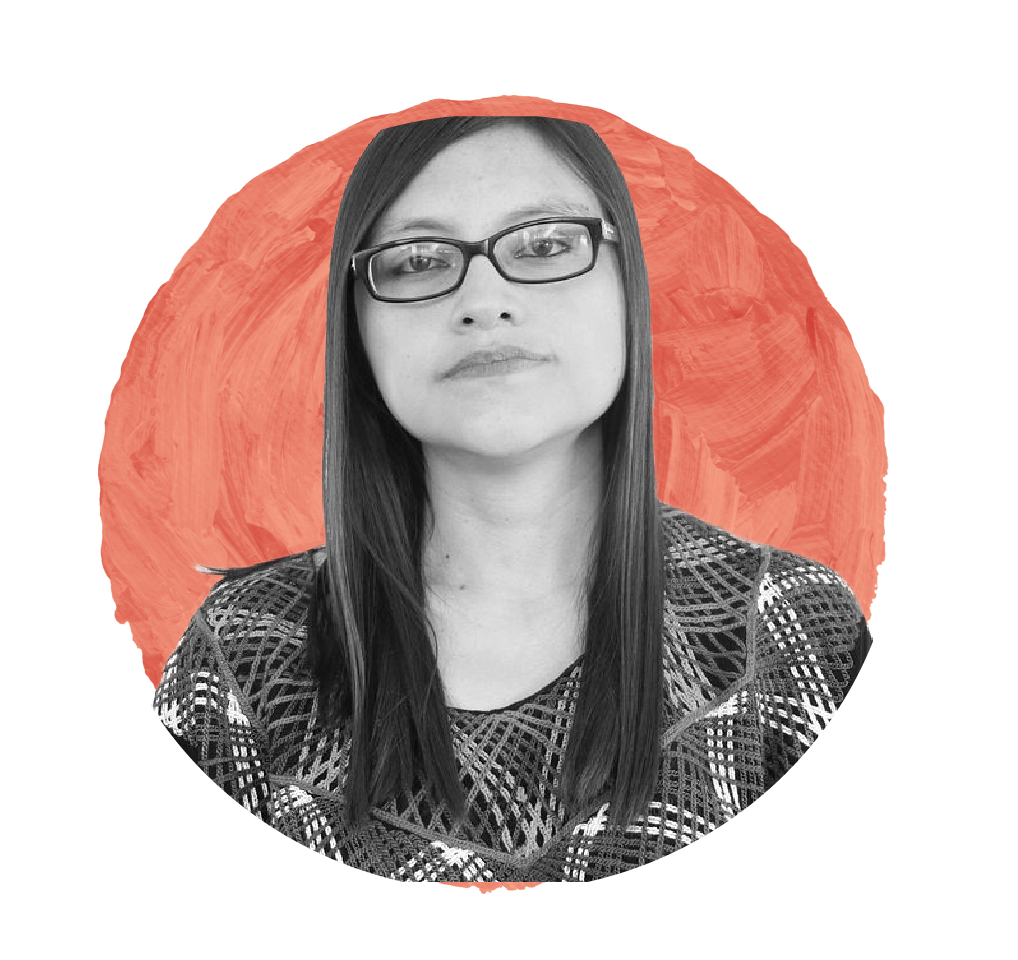
Mariana Guerrero Álvarez, Colombian journalist.
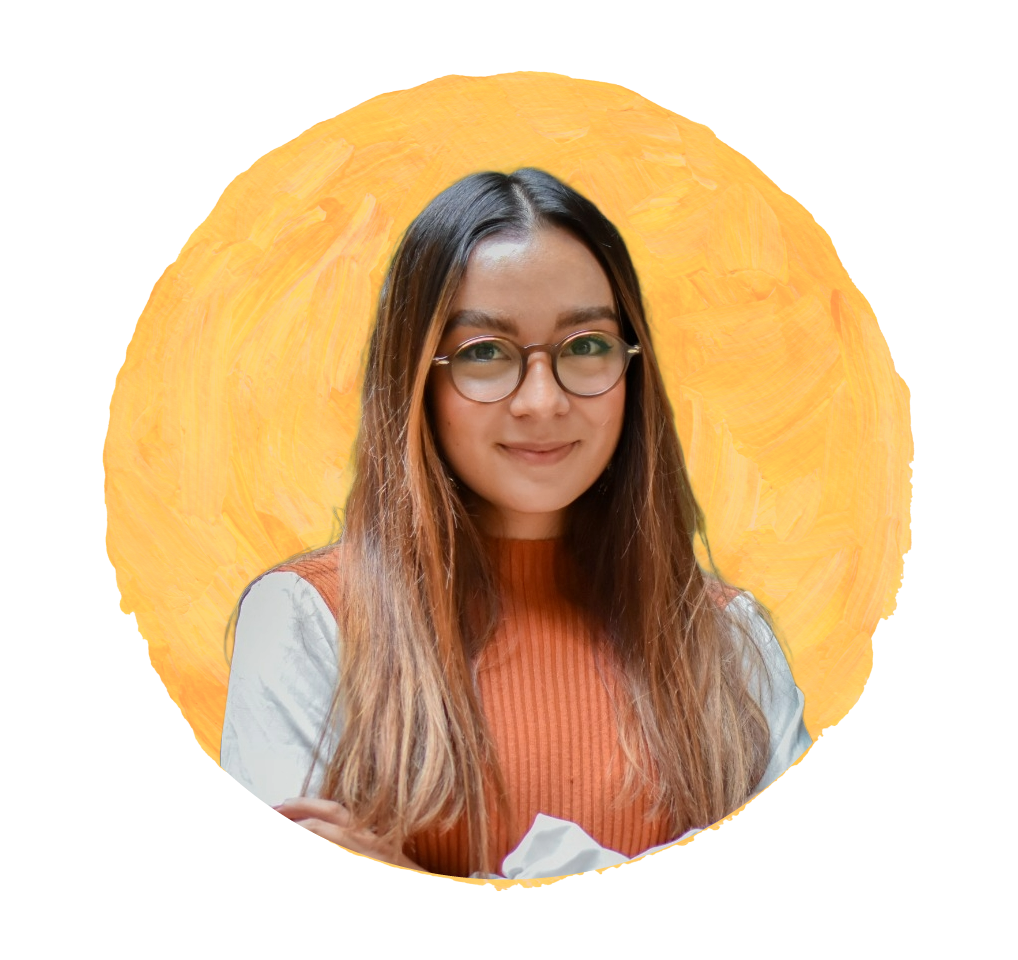
“Practising data journalism with a feminist approach is key so that the situations that women go through are not under-reported but realities that can be told.”
Mariana will investigate different issues in Latin America’s gender agenda, including teenage pregnancy, access to education and access to public decision-making roles in Colombia compared to other countries in the region.
Laura María Castañeda, Colombian journalist.
“The data will prove a point that daily experience has already demonstrated: collective care has always been the territory of women, who weave well-being and the future, both climatic and social”
Laura would like to apply a gender analysis to sustainable development issues. For example, the role of women in protecting the Amazon forests. She is also interested in the presence of women in peace initiatives after the dissolution of the FARC guerrilla: how many women are involved, what is their level of involvement, how much are they committed to actions that guarantee lasting peace and how much of the burden falls on them?
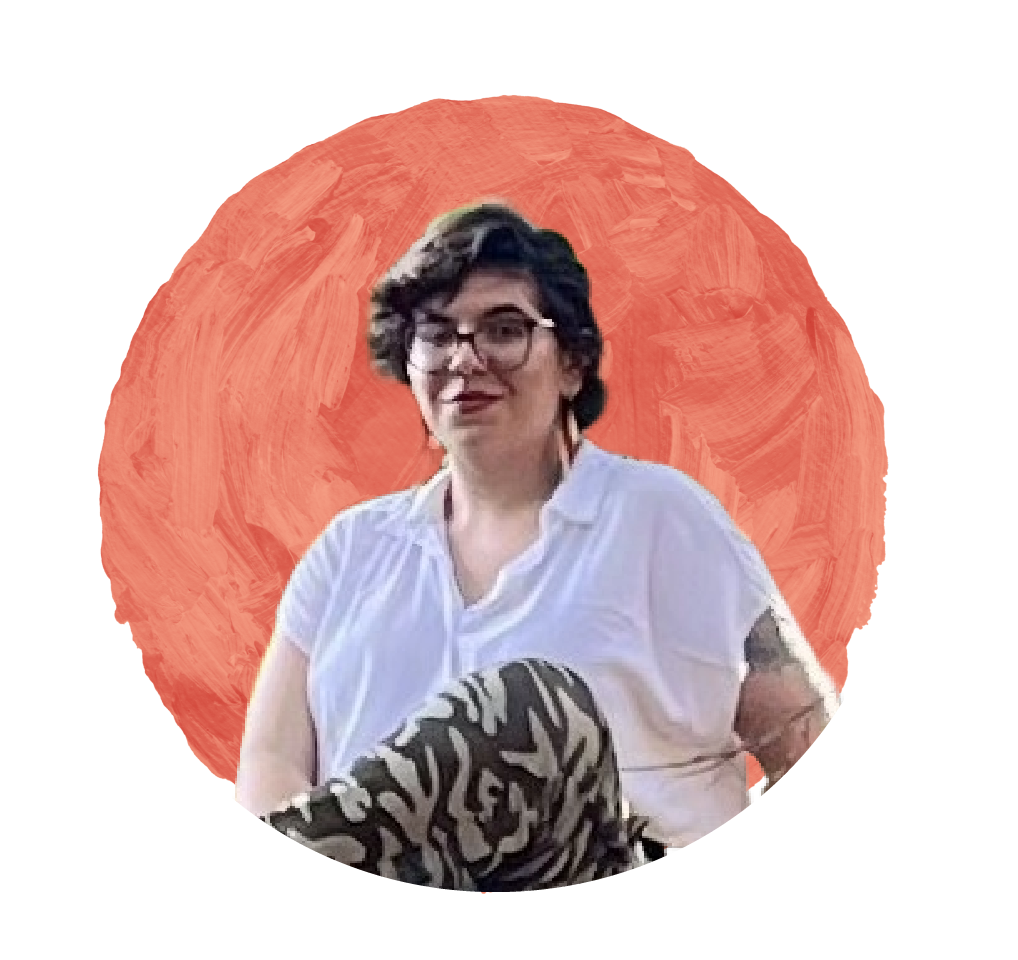
Jovanna Mariám García Contreras, Guatemalan journalist.
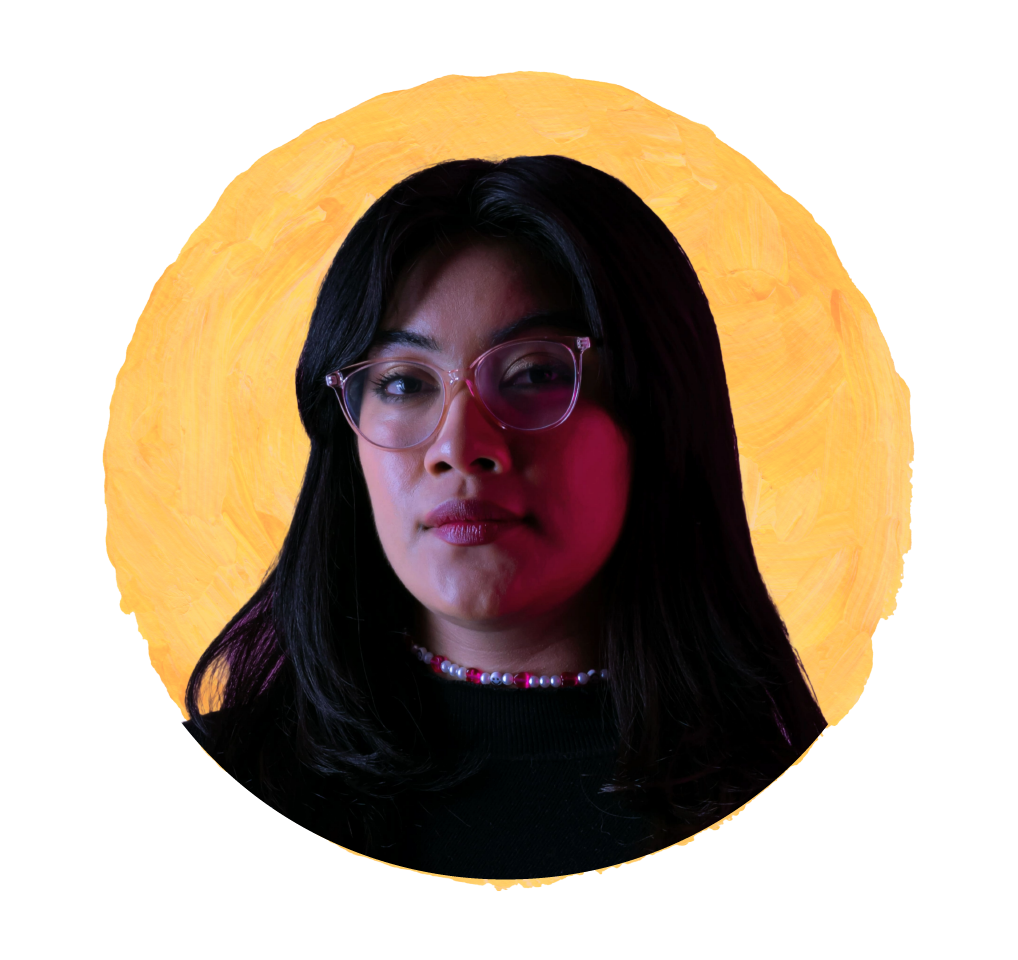
“In Guatemala there exists a huge educational gap for girls in the country, research the reason for this, it represents a societal debt”
She would like to investigate access to education for girls in Guatemala. Her idea is to analyse data showing how many girls have had access to public primary education from 2010 to 2023 in order to address the causes and consequences of the drop-out.
Magda Lorena Cortés Moreno, Colombian journalist.
“The data is neither neutral nor objective, which is the reason I intend to use this gendered science to continue building peace in Colombia”.
Her research focuses on racialised women and sexual and gender dissidents, victims of forced displacement due to the armed conflict in Colombia, who are underrepresented in the records of the Truth Commission. It draws on official data and data from social organisations in the departments of Antioquia and Bolívar, the departments most affected by forced displacement. It will be a digital multimedia report and participatory artwork that transforms the data into a sensitive experience.

Fernanda Diaz, Guatemalan journalist.
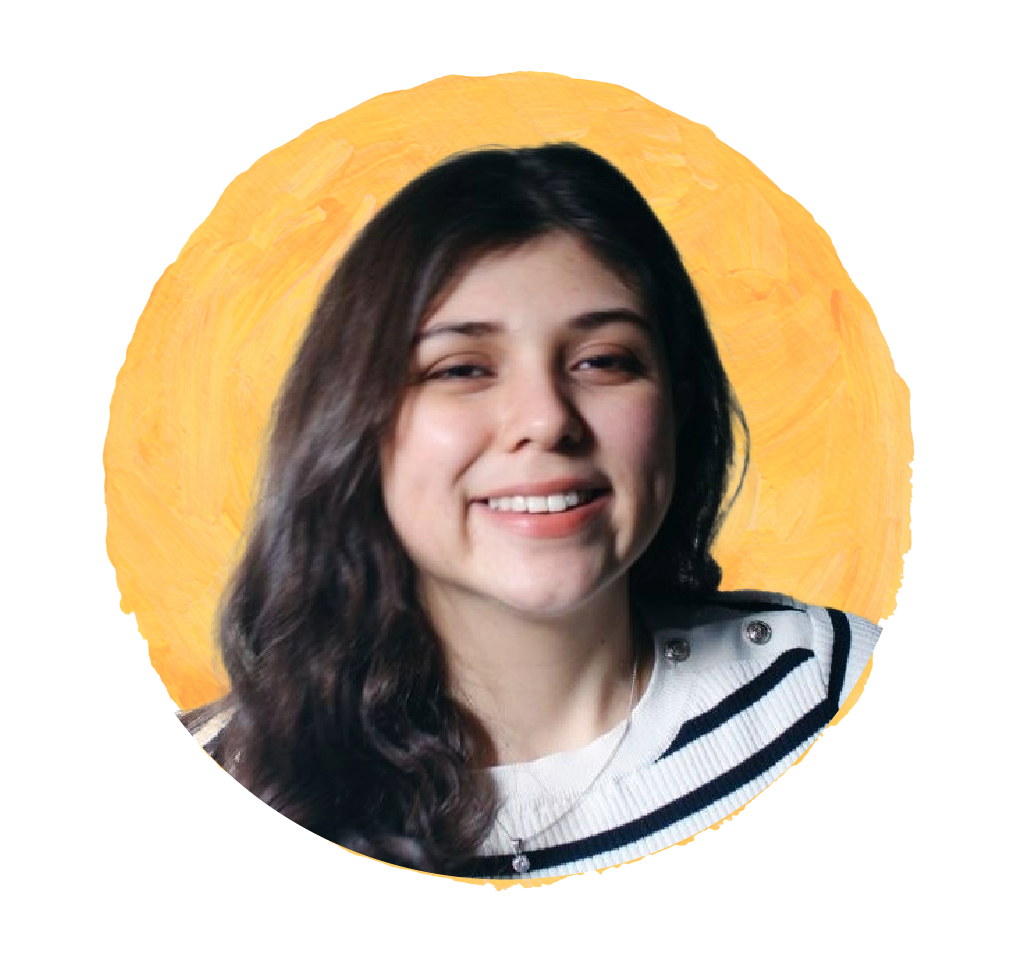
“Gender data is essential for journalism. Data helps to make visible how public policies are formulated and why it is necessary to incorporate the voice of women”.
Through public spending data of the Women’s Directorate from 2020 to 2022 in municipalities in the department of Quetzaltenango, she will seek to portray how investment has impacted women’s economic autonomy and what needs to change to increase that impact (for example, to consider women’s voices).
Omarela Depablos, Venezuelan journalist.
“I started working in investigative journalism and gender data to give perspective and visibility to the different hardships faced by women in a context of inequality”.
She will study the situation of Venezuelan migrant women in Colombia in their struggle to be included in Colombian society.
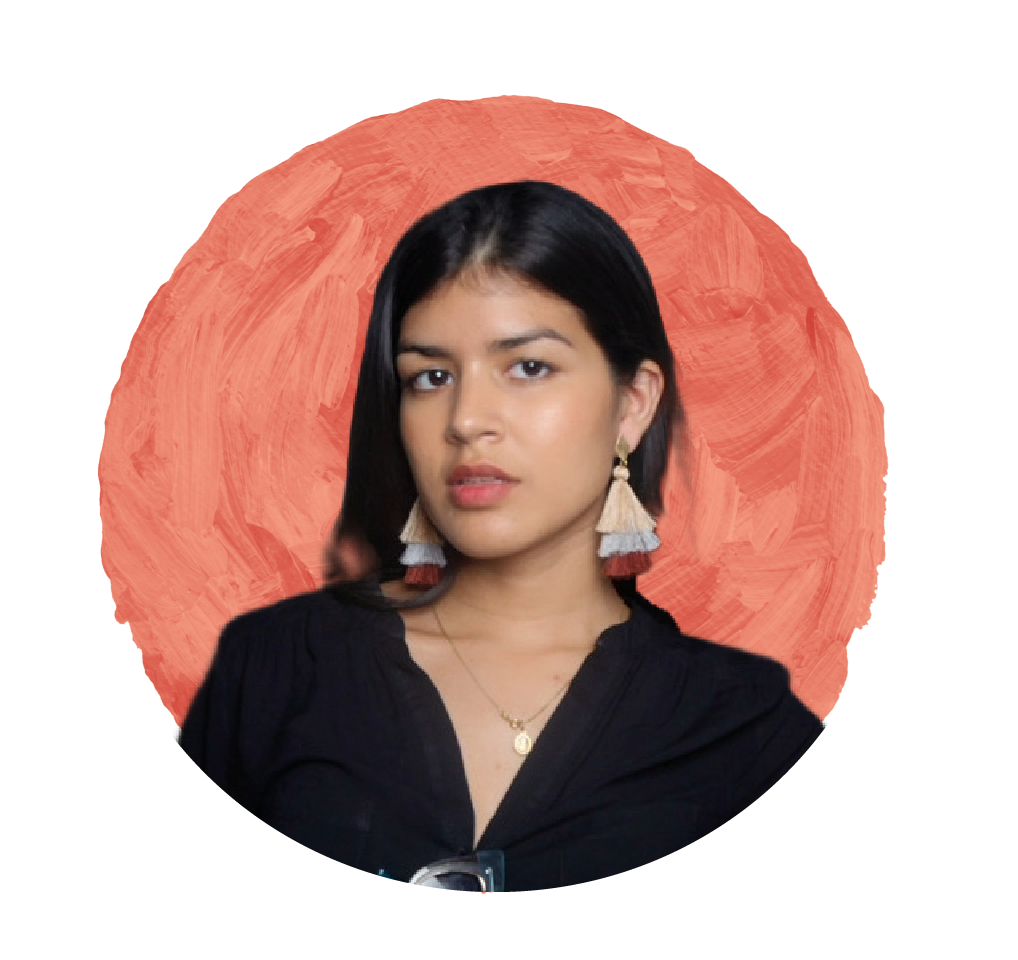
Jody Estefany García, Guatemalan journalist
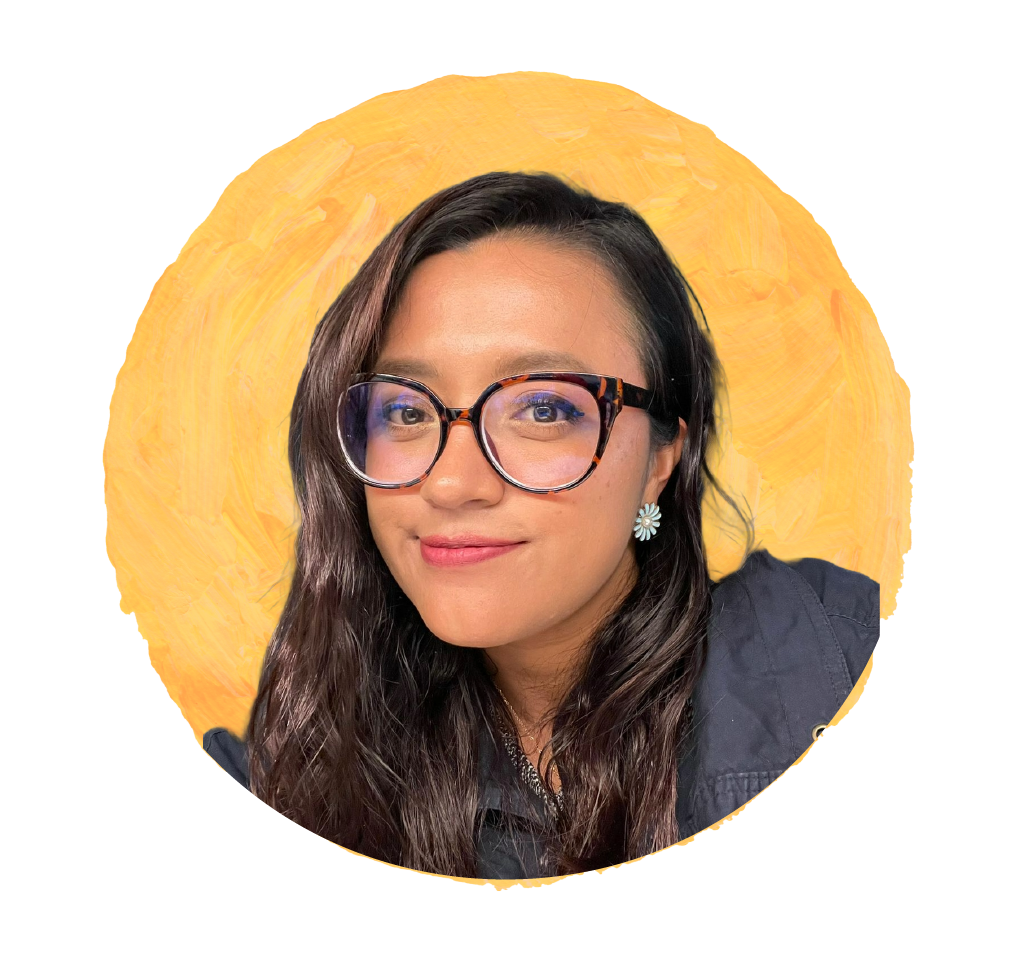
“The use of data is key, the justice system in Guatemala is regressing at an accelerated rate and increasingly more cases are going unpunished”.
She would like to explore how the justice system responds to women, not only in terms of gender-based violence but also in cases of domestic and workplace violence.
Milena Paramo, Colombian activist and CLADEM’s Regional Coordinator in Latin America.
“I am interested in examining adolescent fertility data from the last decade in our region, especially for girls under the age of 15, to verify the current situation of what CLADEM calls Forced Childhood Maternity”. To the greatest extent possible, she will also analyse data on sexual violence in this same population group.
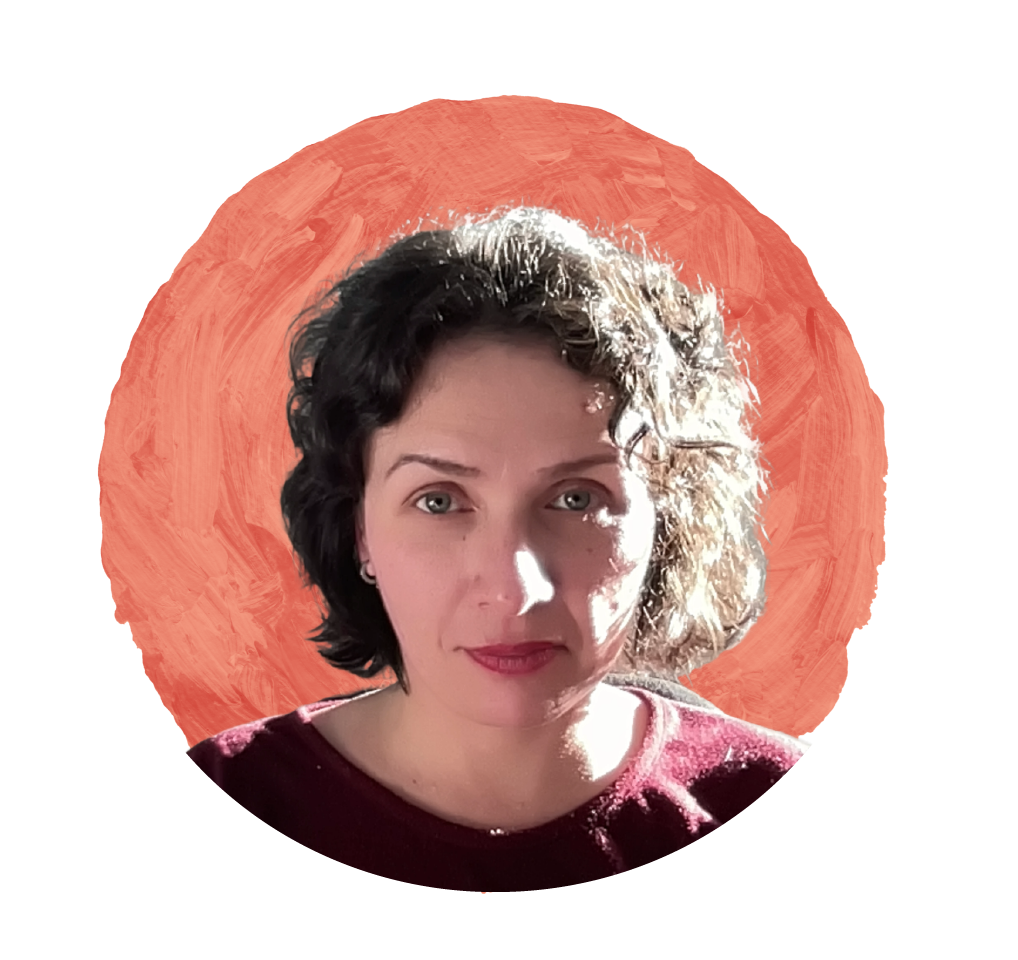
Shidhjmatnj Pardo Bohórquez (Shima), Programme Coordinator at La Ruta Pacifica de las Mujeres, in Colombia
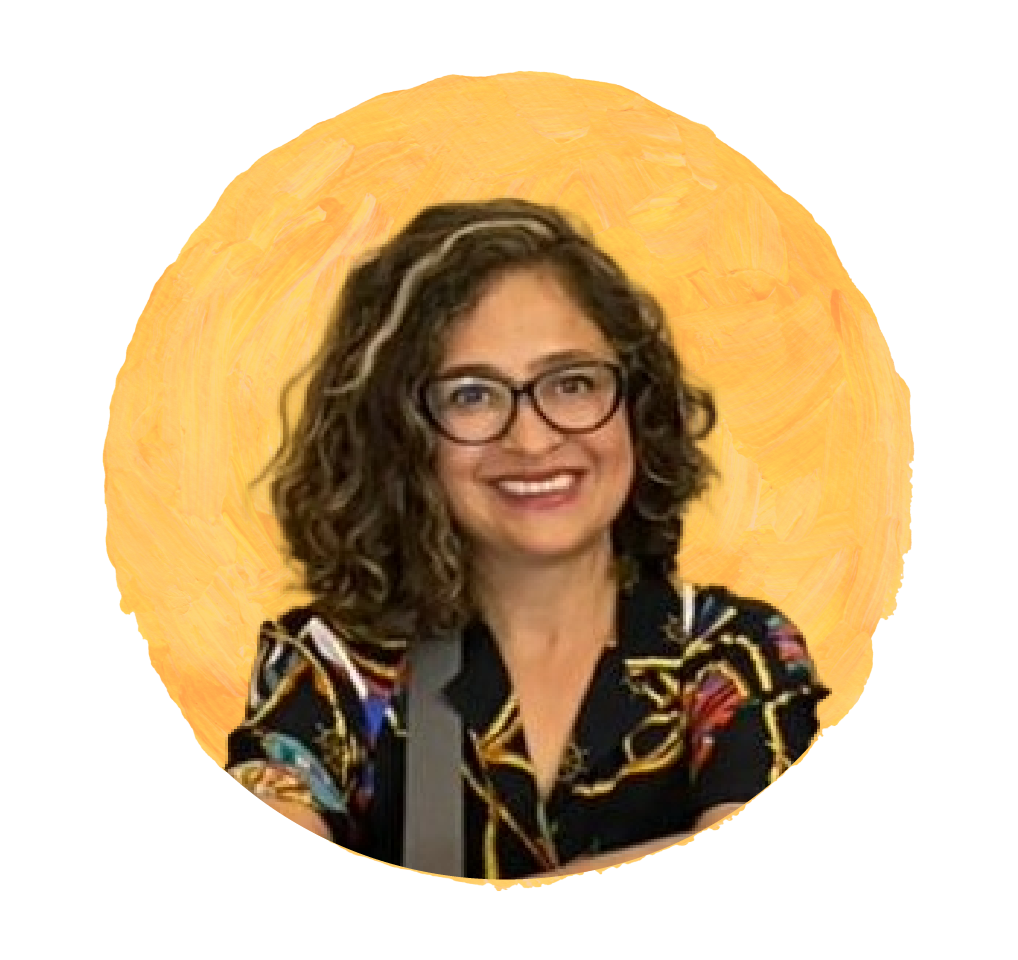
“In the framework of the fellowship, two outcomes will show the importance of having updated data on the fulfilment of the Peace Agreement to guarantee women’s rights; and the second will aim to raise social awareness through feminist activism by incorporating figures and data that change social imaginaries in favour of peace.
Danessa Luna Guatemalan activist and a women’s human rights defender at Asogen.
“Documenting the denial of justice gives us an idea of the negative impact that exists in women’s lives, as well as statistical data that is compelling for advocacy.”
She is interested in documenting and addressing the denial of justice for women due to the corruption, co-optation and impunity that prevails in Guatemala.
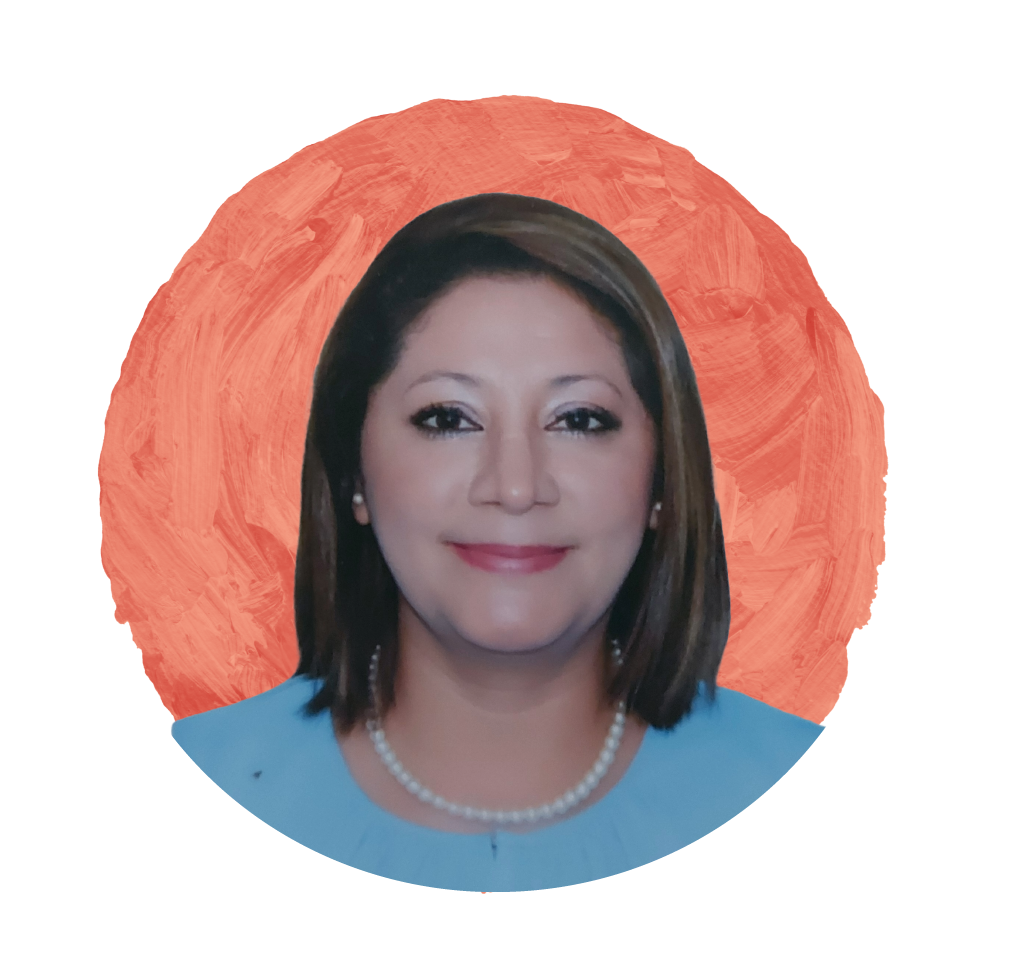
Learn more about our data journalism fellowship here: https://equalmeasures2030.org/data-fellowship/salesforce-em2030-fellowship-for-data-journalists/



